This list is updated as the programme progresses.
In the early modules, Teaching Fellows moderate group discussion, help the Scholars to refine their project ideas and act as guides to the general landscape of contemporary Europe and its institutions. As the projects develop, Teaching Fellows become more like consultants so groups may work with different teaching fellows who have specific expertise in the area in which their group’s project lies.
If you are interested in applying to be a Teaching Fellow in future modules and have any questions, please send us an email.
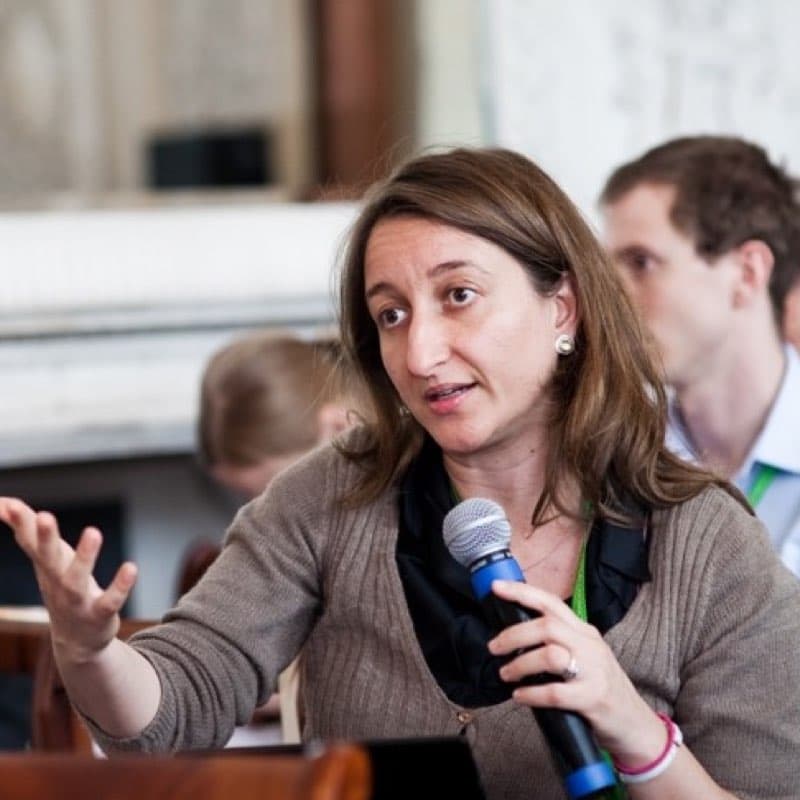
Mireia Artigot Golobardes is a Ramon y Cajal Researcher at the Universitat Pompeu Fabra (UPF) Law School and an affiliated professor at the UPF Economics Department and at ESCI-International Business UPF. She holds a JD in Law, UPF and a BA in Economics, UPF and obtained an LLM and a JSD (Juris Science Doctor) from Cornell Law School (Ithaca, NY, USA). She was a law clerked to Hon. Edwin H. Stern, Presiding Judge of the Appellate Court of New Jersey Judiciary and is admitted to practice law in New York and in US Federal Courts (NYBar attorney number 4775474) and in Spain (Barcelona Bar 39954).
Her research focuses on the economic analysis of the law from a comparative perspective, with a special emphasis on the legal implications of the disruptions arising from network economic structures with particular focus on global challenges in consumer contracts, particularly on consumer financial contracts, tort law, products liability, and contract law with a European perspective.
[cohort 2]
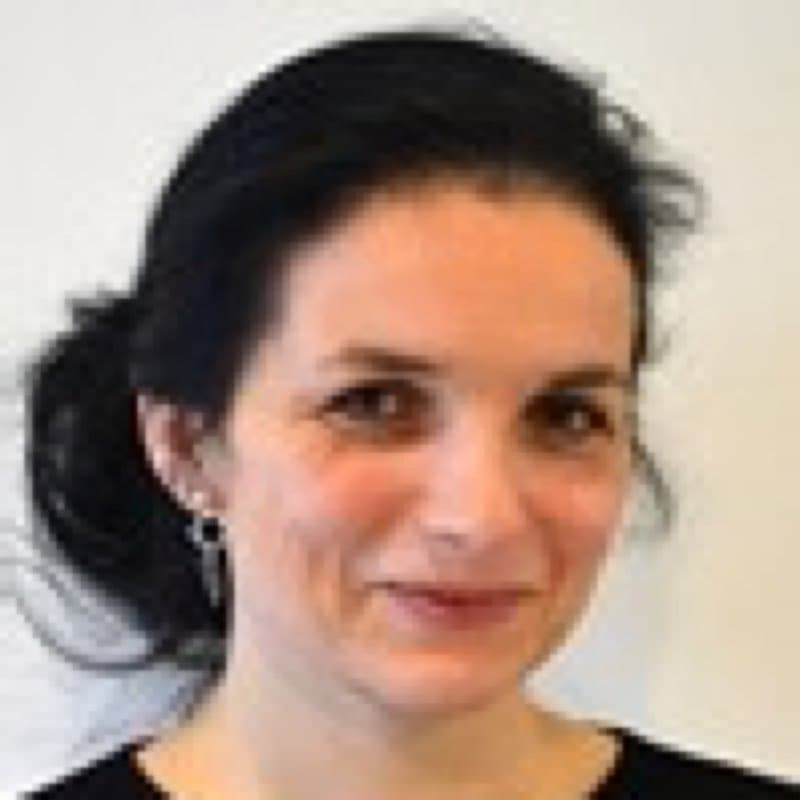
Beatrix Futák-Campbell is Assistant Professor of International Relations. She completed her PhD in International Relations at the University of St. Andrews and her MA in EU Studies and German and MSc in Research in Politics at the University of Edinburgh. Her research interests include contemporary IR theory, especially Practice Theory and Global IR, EU relations with Russia and methods/ methodologies on how to study IR. She also trained as a conversation analyst at the University of York and Loughborough. Previously she was a Marie Curie Fellow at the University of Hamburg and Oxford, she taught at the University of Edinburgh and St Andrews, and she also worked for the United Nations Office on Drugs and Crime, The German Marshall Fund and the British civil service. Her first monograph has just been published by Manchester University Press: Practising EU foreign policy: Russia and the eastern neighbours. She is currently finishing her second monograph Theories and Methods in International Relations (Palgrave). During the 2017/18 academic year she is working as principal investigator at the Netherlands Institute for Advanced Study (NIAS-KNAW) for a project on Reading and Narrating the EU Migration/Refugee Crisis.
https://www.universiteitleiden.nl/en/staffmembers/beatrix-campbell#tab-1
[cohort 1]
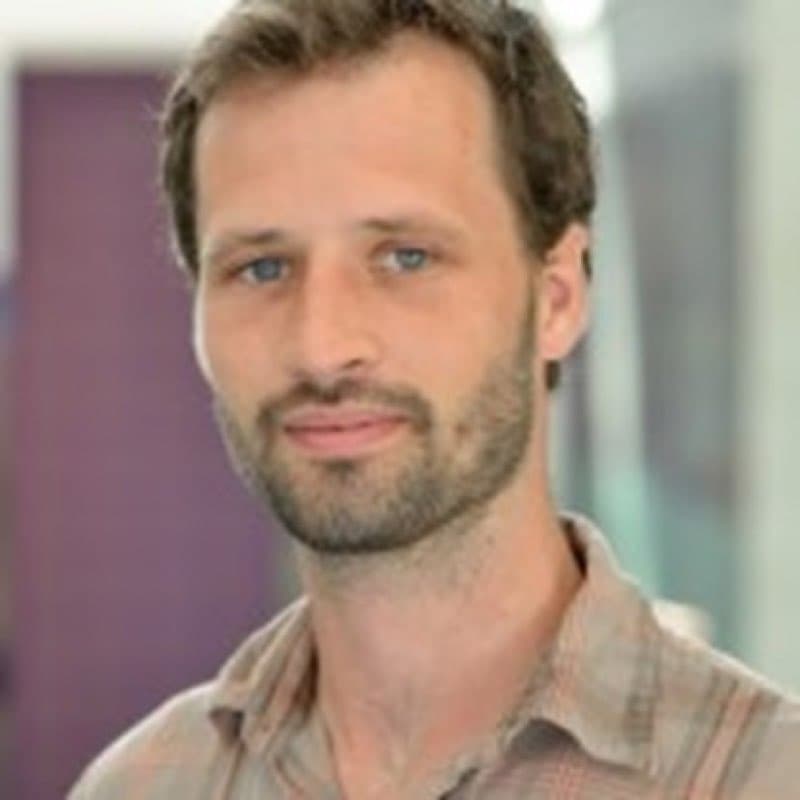
Jake is an Oxford Martin School Research Fellow and Researcher at the Environmental Change Institute (ECI), University of Oxford. Jake joined the ECI in March 2018 to critically investigate zero carbon heat policy in the UK. Prior to this Jake worked as a Research Associate at the University of Exeter – exploring innovative means to reduce energy demand within local authority buildings – and as a Research Fellow within the Sussex Energy Group at SPRU – Science Policy Research Unit – at the University of Sussex. He has a background in international relations, energy policy and grassroots activism. Jake’s research combines ideas and approaches from innovation studies with policy and governance studies to investigate how progress towards low carbon energy systems and sustainability transitions more broadly can be achieved. His research interests include the politics and sociology of innovation and change at community through city-regional scales to national systems. He has worked with local governments, community groups and social enterprises to reflect, learn and pursue societal transformations. He is also a founding Director of a regional community energy network, Bristol Energy Network in the UK.
[cohort 1]
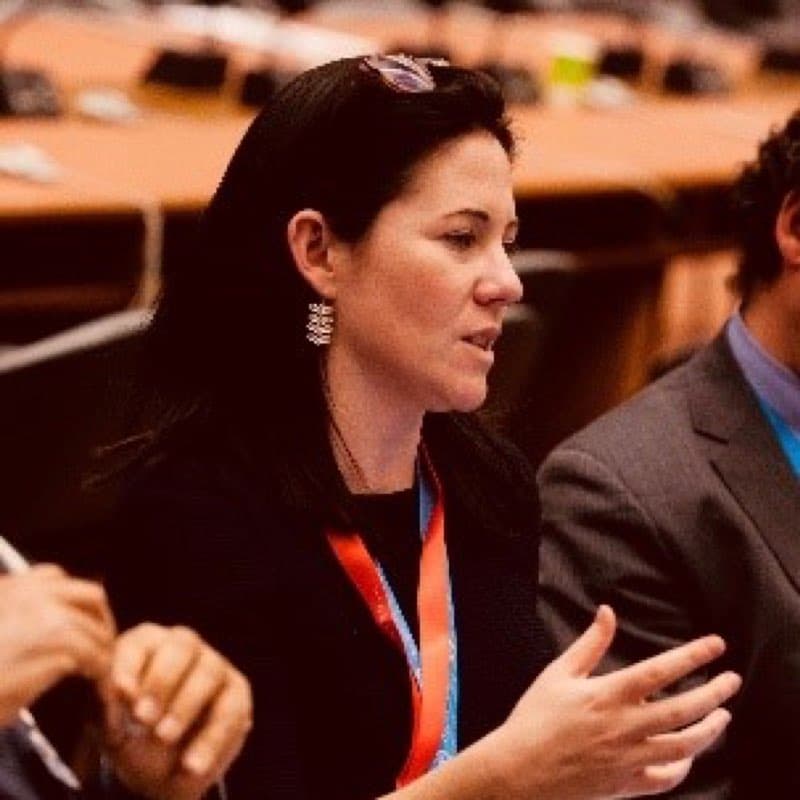
Dr. Cecilia Cannon is a researcher at the Graduate Institute’s Global Governance Centre. She is currently working on a Swiss National Science Foundation project examining IO design, adaptation, reform and effectiveness. She lectures in the Graduate Institute’s Interdisciplinary Programmes – Master of International Affairs and Master of Development Studies. Her broader research interests focus on the role and influence of non-state actors in international policy processes, and migration policy. She served as Head of Research for the Graduate Institute’s Global Governance Centre until December 2017, and she directs the Graduate Institute’s Summer and Winter Programmes on the United Nations and Global Challenges. Cecilia previously worked for the Global Detention Project – an inter-disciplinary research endeavor that investigates the role detention plays in states’ responses to global migration. She also has professional experience developing and executing communication and advocacy strategies for government, non-governmental and private sector organisations, and continues to advise organisations on their advocacy, monitoring and evaluation projects. She obtained her PhD in International Relations / Political Science at the Graduate Institute of International and Development Studies.
[cohort 1]
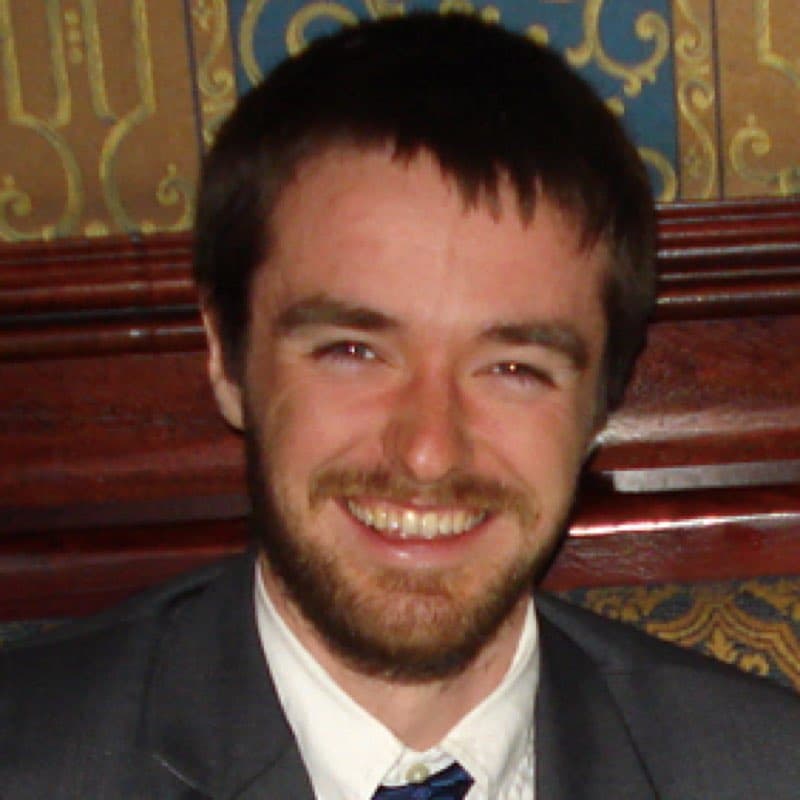
Barry Colfer is currently Deakin Visiting Fellow at St Antony’s College, Oxford. His research interests include European integration, industrial relations, comparative politics, and the politics of the UK and Ireland. While at Saint Antony’s he will be undertaking research into the current state of the French trade union movement. Barry is a research associate at the Policy Network think tank in London, and a teaching fellow at Sciences Po in Le Havre. He holds a PhD in politics from the University of Cambridge, and has worked previously at both the Irish and European parliaments.
[cohort 1]
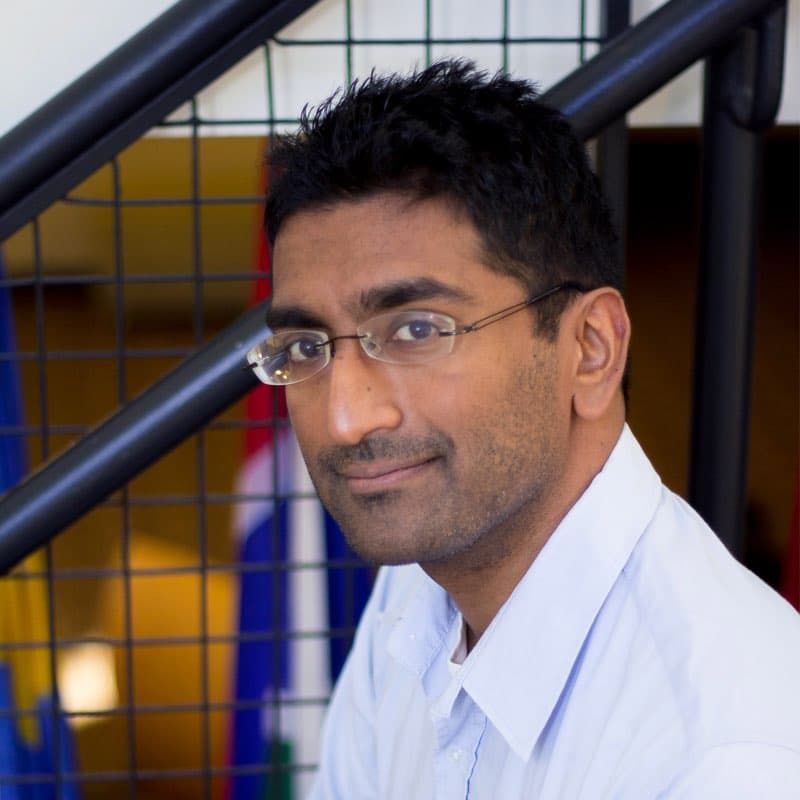
Upon joining us, Deval Desai was a post-doctoral research fellow at the Albert Hirschman Centre on Democracy, Graduate Institute, Geneva. He has since move on to become Lecturer in International Economic Law at the University of Edinburgh. Dr Desai trained in history and French literature (M.A., Oxon), and law and social theory (LL.M. and S.J.D., Harvard Law School), and is a member of the Bar of England and Wales. He researches and publishes on law and development, administrative law and regulation, theories of the state, and (de)colonial patterns of knowledge and authority. His research has been funded by Harvard, LSE, and Canada’s IDRC, amongst others. He has also held fellowships at Harvard, SOAS, Manchester, the British Institute of International and Comparative Law, and the Overseas Development Institute.
Since 2009, Deval has also worked for the World Bank as a rule of law reform and governance expert in Nigeria, Cameroon, Sierra Leone and Uganda; as well as advising the UN on rule of law issues. As a lawyer, he has worked on corporate accountability, including as an attorney on the case of Kiobel before the US Supreme Court.
[cohort 1]
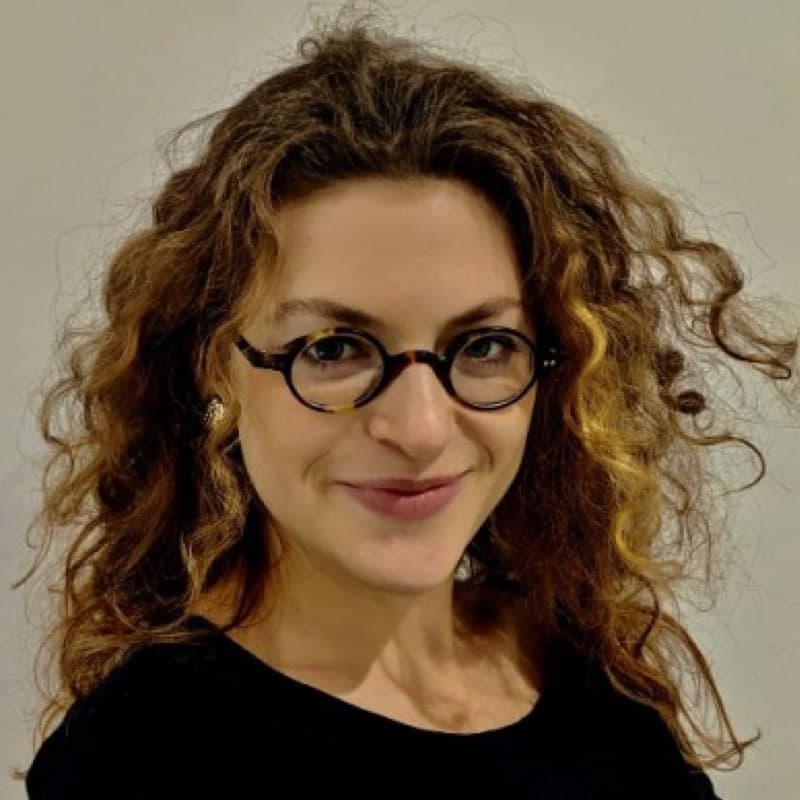
Pauline Destrée joined us as a Research Fellow in the Department of Social Anthropology at the University of St Andrews, and a member of the Centre for Energy Ethics where she was part of the ERC-funded research project ‘Energy Ethics’. Here, she investigated questions of responsibility and inequality through an ethnography of oil extraction and climate change in Ghana. She has since moved on to become Assistant Professor in the Department of Anthropology at Durham University.
Her work broadly engages with extraction, infrastructure, climate change and postcolonial politics in West Africa. Her previous research looked at the politics and popular imagination of electricity in Accra during an energy crisis (known as ‘Dumsor’). She is currently working on a new collaborative project on cli-fi (climate fiction) in Africa and the roles of the arts in policymaking around energy transitions and climate change.
She holds a PhD from University College London, an MSc in Visual, Material and Museum Anthropology from the University of Oxford and a BSc in Anthropology from UCL, and was previously a Visiting Scholar in African Studies at Yale University.
Pauline Destrée | Energy Ethics
(cohort 2)
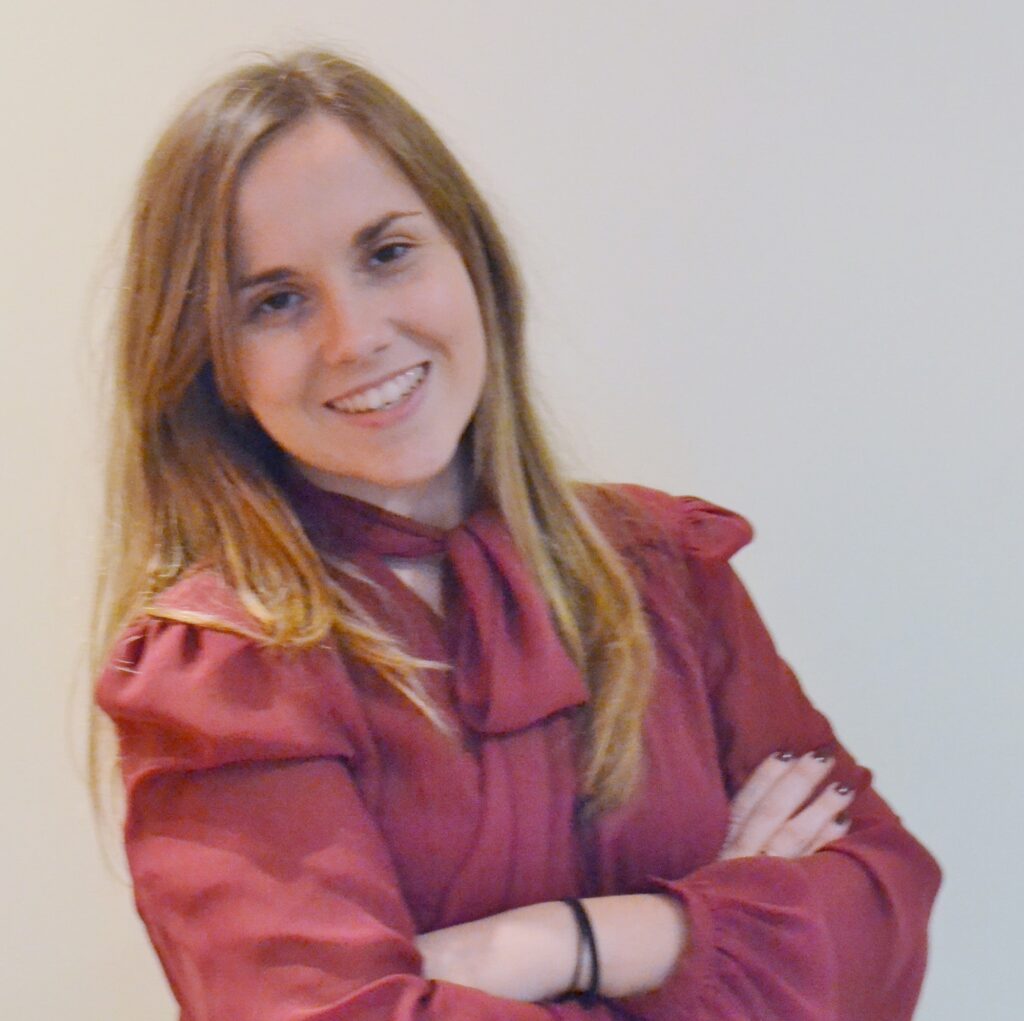
Jennifer García Carrizo is a postdoctoral researcher at URJC (Ciberimaginario Group), funded by aprestigious Juan de la Cierva Fellowship. She is part of the Art & City Excellence Research Group (Universidad Complutense de Madrid), the Media Discourse Center (DMU, UK) and the R[x]D Group (KU Leuven, Belgium), where she is developing an autonomous research career positioning cultural places as a public good through branding, citizen participation, transmedia narratives, and sustainable outdoor advertising. Jennifer holds an International PhD in Communication (UCM, Nov. 2020), marked Cum Laude, with a thesis ion “City Branding in Cultural & Creative Spaces” (funded by the excellence grant MECD FPU2014/05886 & 2 R&D National Projects). During her PhD she was also part of the first cohort of the Europaeum Scholars Programme (2018-2019). Recognized with the Academic Excellence National Award (2013-14) and the CAM Excellence Award (2013), Jennifer also graduated first in class in the MA in AV Communication (UCM) and has been awarded with an Excellence Teaching Award (2021).
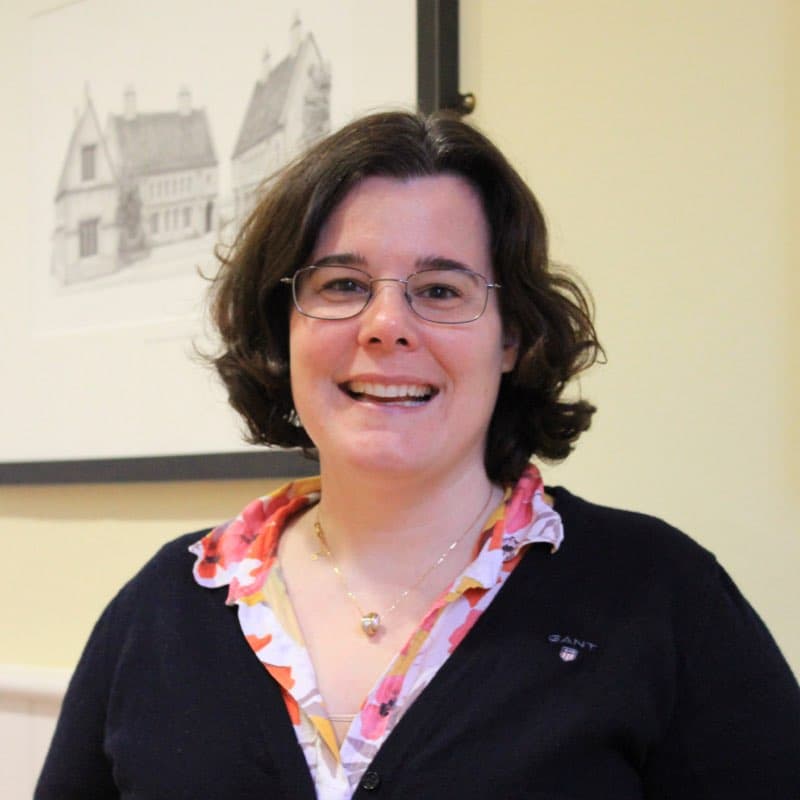
Gabriela is a British Academy Postdoctoral Fellow at Oxford’s History Faculty and a Junior Research Fellow at Jesus College. Her research focuses on the relationship between international law, trade and strategy in the nineteenth and twentieth centuries. She has been particularly interested in the role of jurists in international politics, and how law shapes political agendas. Another important research area is current security and defence affairs and particularly in the interaction of international law and strategy.
https://www.history.ox.ac.uk/people/dr-gabriela-frei
[cohort 1]
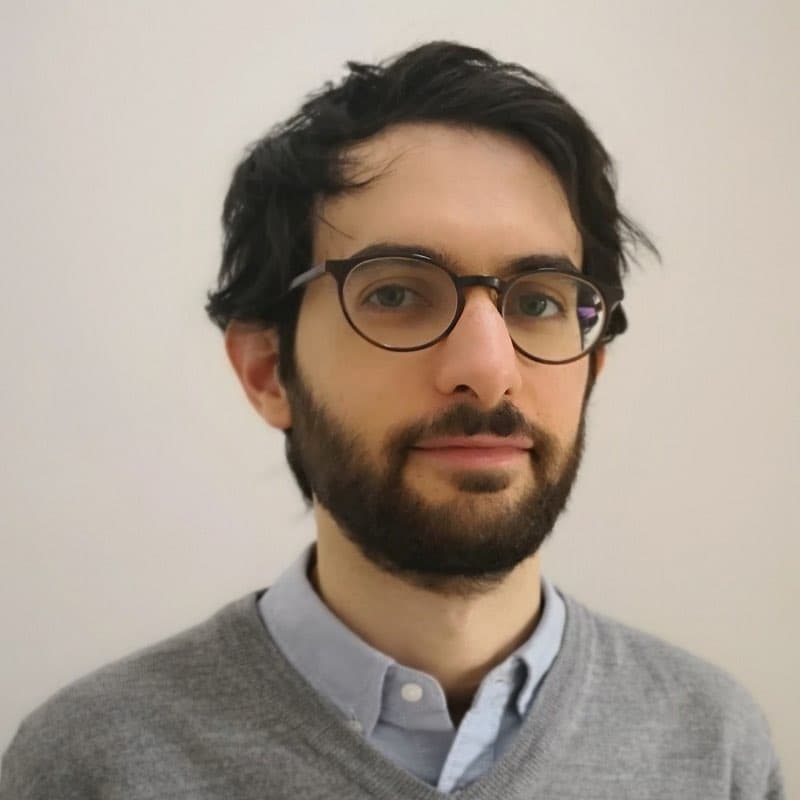
Robin Gadbled is Coordinator of research activities at the Institute for European Law at KU Leuven. Before joining KU Leuven, he worked as a Lecturer in Comparative Constitutional Law at Sciences Po (Reims campus, France).
Robin holds a PhD in law from the European University Institute in Florence, a Master’s degree in Political Theory from Sciences po Paris, a Master’s degree in pluridisciplinary European studies from the IEE-ULB in Brussels (magna cum laude), and an LL.M in Comparative, European and International law from the EUI. His research interests include constitutional theory, EU constitutional law, EU fundamental rights law, euro-crisis law and EU social law, as well as methodologies of legal and pluridisciplinary research. His current work focuses on how EU institutions use ‘pressure’ to induce compliance of EU member states with different sets of requirements
[cohort 2]
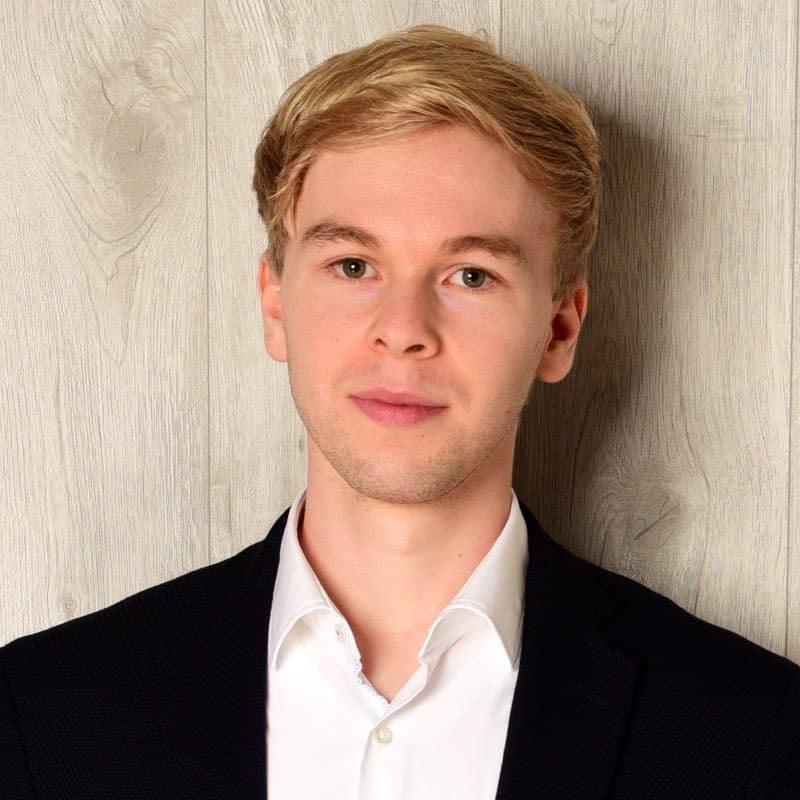
Maximilian is an Extraordinary Junior Research Fellow in Philosophy at the Queen’s College, University of Oxford, and a Research Fellow on the project Roots of Responsibility, funded by the European Research Council. Maximilian obtained the DPhil and BPhil in Philosophy at the University of Oxford and was a Europaeum Scholar during his doctorate. Maximilian’s research is in moral and legal philosophy. It focuses on consent, responsibility, and the ethics of artificial intelligence, and combines academia with European policy in various ways. Maximilian’s work on consent to medical procedures discusses European law, e.g. the EU Directives 2001/20/EC on clinical trials and 2010/45/EU on human organs, and considers specific policy proposals in these areas. His work on responsibility and the ethics of artificial intelligence, on the other hand, takes into account the most recent European working groups, e.g. the Independent High-Level Expert Group on Artificial Intelligence (set up by the European Commission), and links to a variety of contemporary societal challenges, such as inequality in society, privacy, and surveillance.
Personal website: https://maximilian-kiener.weebly.com/
[cohort 2]
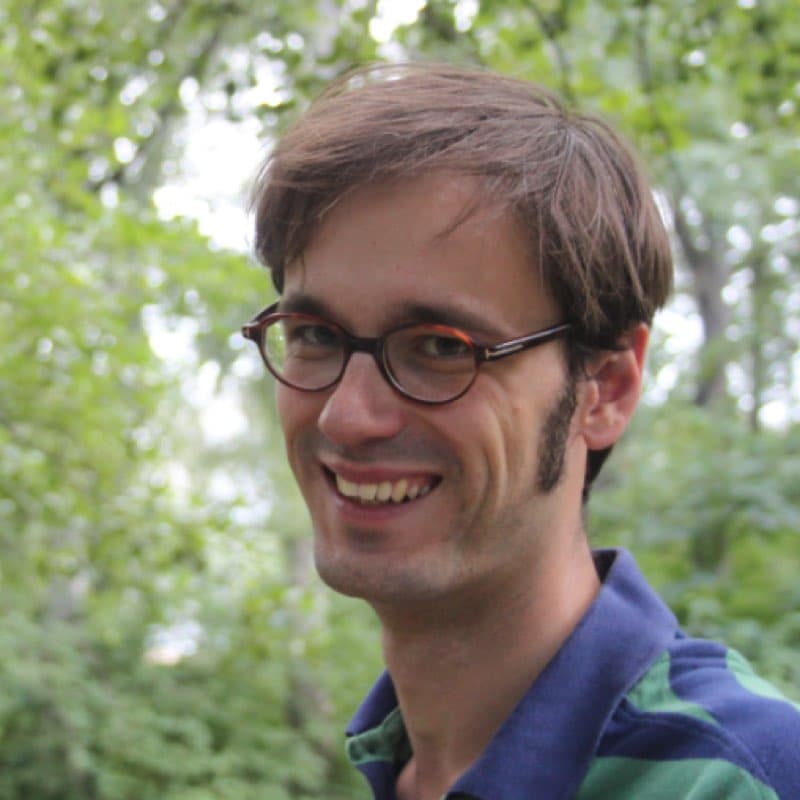
Felix was a British Academy Postdoctoral Fellow at Oxford’s Department of Politics and International Relations and a Research Fellow at Nuffield College and embarked on his new role as Senior Researcher at the Centre for East European and International Studies (ZOiS) in Berlin in 2018. He has a particular interest in comparative historical analysis and discourse analysis. His doctorate dealt with the political relevance of youth mobilisation and the ideas about youth in moments of regime crisis comparing contemporary Russia with other European cases of regime crisis. He has also done research on collective memory in particular in the European context and is involved in a project studying migrants’ remittances in a historical perspective.
https://krawatzek.wordpress.com/
[cohort 1]
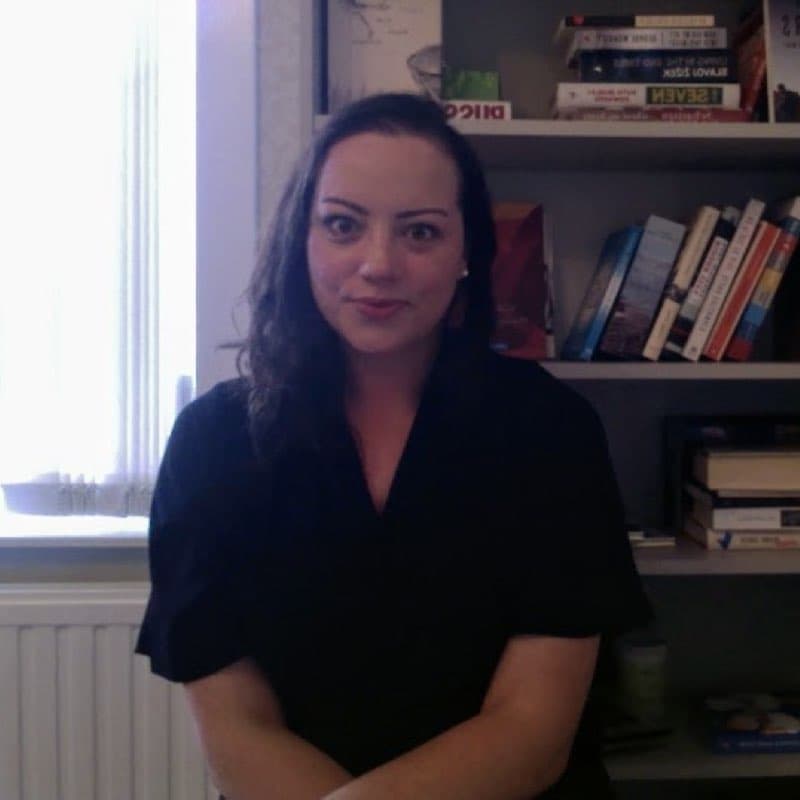
Dr. Sharon Leahy is a Lecturer in Human Geography at the University of St Andrews, Scotland. Her principal research interests focus broadly on strategies of marginalisation in the neoliberal era; culturally, economically and politically. Her concerns have built on the work applied in her PhD, to critically assess the discursive construction and performative constitution of difference and its impact on the most forgotten in society, most specifically migrant communities and ethnic minorities. She has acquired an explicit interest in the ways in which elites produce and regulate knowledge, allowing for the creation and legitimisation of certain understandings of cultural difference, the constitution of precarity, and discourses and practices surrounding transnational flows. Sharon is a qualitative geographer who seeks to examine the processes and responses involved in exclusionary, yet legally justified, state practices. Sharon is especially concerned with how neoliberalism fosters individualism and the ways in which the State shirks responsibility for protection of the individual, and offloads securitisation to its citizens.
[cohort 1]
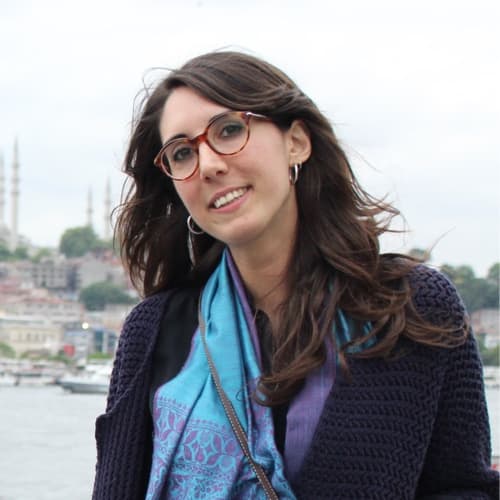
Chiara Lovotti is a Research Fellow at ISPI (Italian Institute for International Political Studies) and Scientific Coordinator of the “Rome MED-Mediterranean Dialogues”, ISPI and the Italian MoFA’s annual flagship event. She is a specialist in Area Studies and International History, with focus on Europe, Russia, and the Middle East. Chiara’s doctoral research (University of Bologna) explored the Soviet Union’s impact on state-building processes of postcolonial Arab countries (Egypt, Iraq, and Syria), with a focus on the military and security sector, institutions and party politics, and socio-economic development.
During her Ph.D., she has been a Recognised Student (DPhil-level) at the Russian and Eastern European Studies centre (REES) of the University of Oxford. She is currently interested in examining Russia’s interventionist policy in countries of the Middle East and Africa. She has published extensively on these subjects and recently co-edited a Routledge book entitled “Russia in the Middle East and North Africa. Continuity and Change”. Previously, Chiara has been a Research Assistant at the Catholic University of Louvain-la-Neuve. She holds a Bachelor’s in Foreign Languages and IR from the Catholic University of Milan; a Master’s in Development Studies from the University of Louvain (Belgium); a Master’s in Middle Eastern Studies from ASERI School (Milan); and a has frequently been a visiting student at the Lomonosov Moscow State University, and Ahlan School in Amman. Chiara is also an Alumna of The Europaeum Scholars Programme.
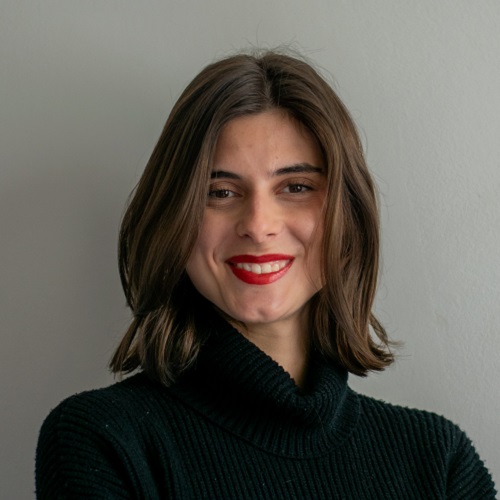
Dr. Claudia Negri-Ribalta is a post-doctoral research associate at the Interdisciplinary Research Group in Socio-technical Cybersecurity (IRiSC) at the SnT at the University of Luxembourg. Claudia’s work bridges software engineering, regulation, and socio-technical requirements. She is researching socio-technical security requirements for AI models, user-centered privacy requirements, and is working on a new knowledge-based data protection modeling language for requirements.
Claudia holds a Ph.D. in computer science from Université Paris 1 Panthéon-Sorbonne, an MsC. in Computer Science (honors and distinction) from Trinity College Dublin and has a background in Political Science. She was also part of the third cohort of the Europaeum’s Scholars Programme. Claudia is the founder and current president of the Latin American NGO OptIA, which often works with both international and national governmental and civil society organizations on technological-related policy.
Her personal website is https://csnegri.github.io/
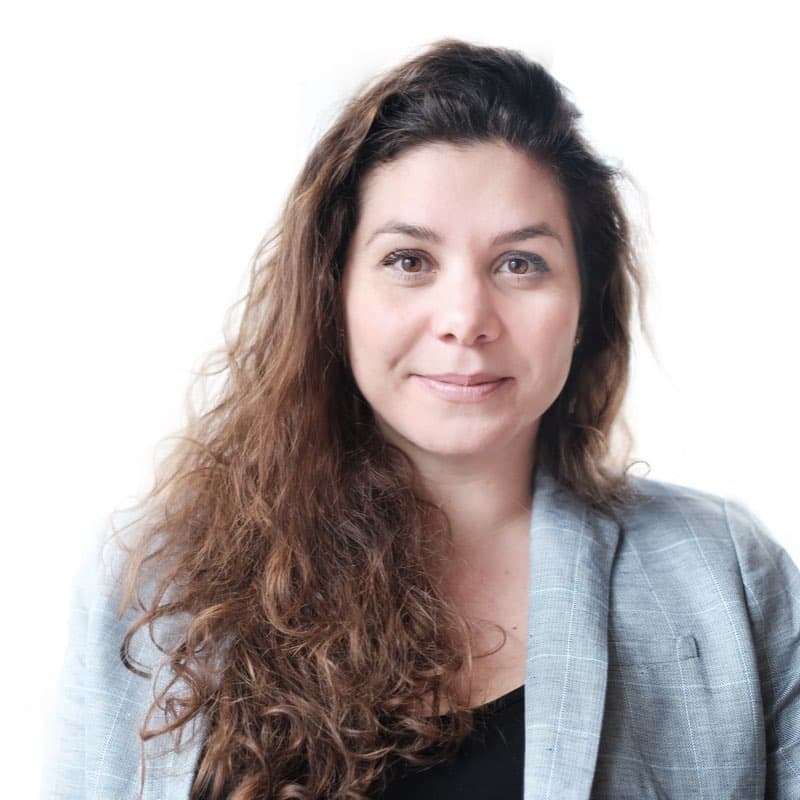
Katerina Pantazatou is an Associate Professor in Tax Law at the University of Luxembourg since September 2016. Prior to that, she was an FNR/Marie Curie Post-Doctoral researcher at the University of Luxembourg. She holds a PhD in Law from the European University Institute, an LL.M from the University of Cambridge and an LL.M from the National and Kapodistrian University of Athens. Her research interests include tax law, corporate governance, EU law and cohesion policy. Currently, she is particularly interested in the relationship between tax avoidance and corporate governance and the duties and liabilities arising therefrom and the crisis impact on the EU’s economic Constitution. Katerina has visited Harvard Law School and the Institute for Austrian and International Taxation in Vienna as an Ernst Mach scholar.
https://wwwen.uni.lu/fdef/law/people/aikaterini_pantazatou
[cohort 1&2]

Clément Perarnaud is a Researcher in the Global Governance, Regulation, Innovation, Digital Economy (GRID) unit at CEPS. He is also an associate researcher at the new Centre on Digitalisation, Democracy and Innovation (CD2I-VUB) in Brussels, a member of the working group on internet governance of the Center Internet et Société (CIS-CNRS, Paris) and expert curator for the Geneva Internet Platform (GIP, Geneva). Clement holds a Ph.D. in political science from University of Pompeu Fabra (UPF).
[cohort 3]
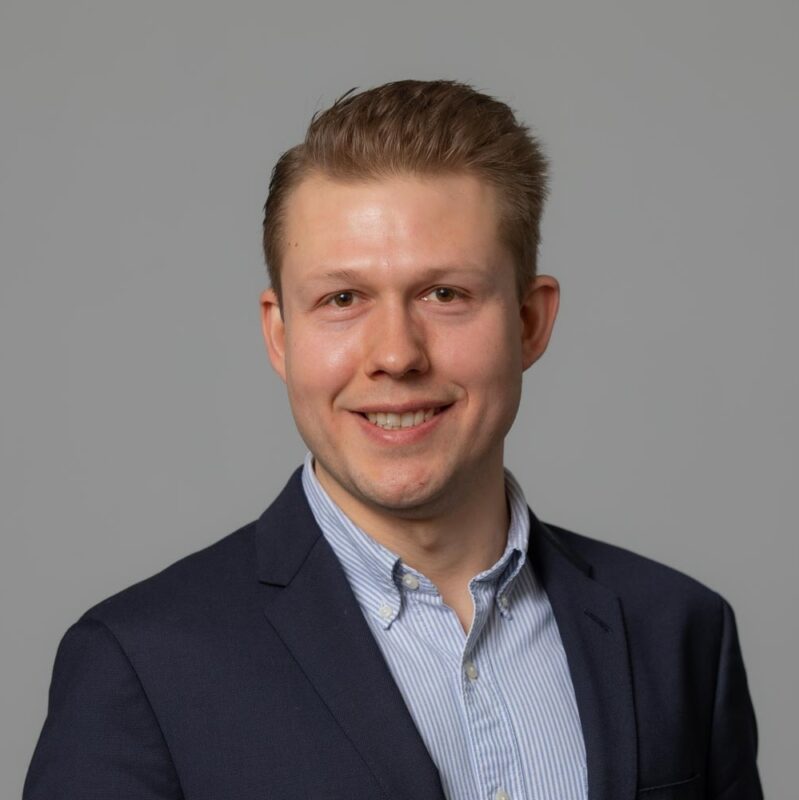
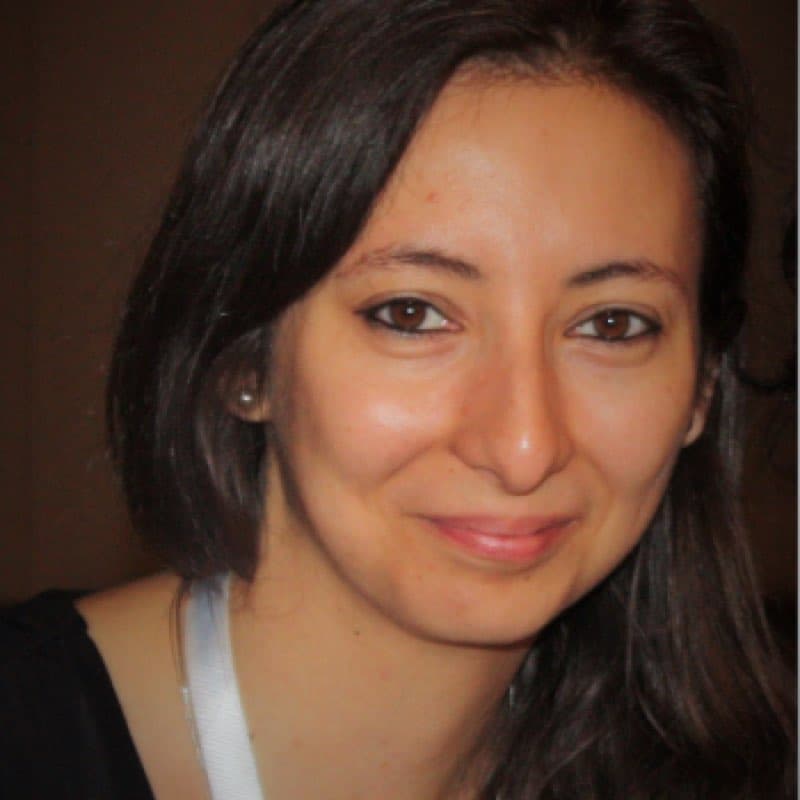
Roxana was a Postdoctoral Researcher at the University of Oxford’s Programme in Comparative Media Law and Policy when she joined us. Her work focused on Internet regulation, algorithms and knowledge production in the public sphere. She was also a Research Associate at the Global Governance Centre, Graduate Institute in Geneva and a non-residential fellow at the Centre for Media, Data and Society, Central European University. Until May 2018, she was Programme Manager at the Geneva Internet Platform, a dialogue and capacity building centre for Internet governance and digital policy and was chairing the non-for-profit Internet Society-Switzerland. Currently she is Departmental Lecturer in Technology and Public Policy at the Blavatnik School of Government at the University of Oxford.
Roxana holds a PhD in International Relations/Political Science from the Graduate Institute of International and Development Studies (Switzerland) and received the Swiss Network of International Studies Award for the Best PhD Thesis in 2017. Her interdisciplinary research and publications focus on international governance and global Internet policy-making.
http://pcmlp.socleg.ox.ac.uk/2018/08/postdoctoral-researcher-roxana-radu/
[cohort 1]
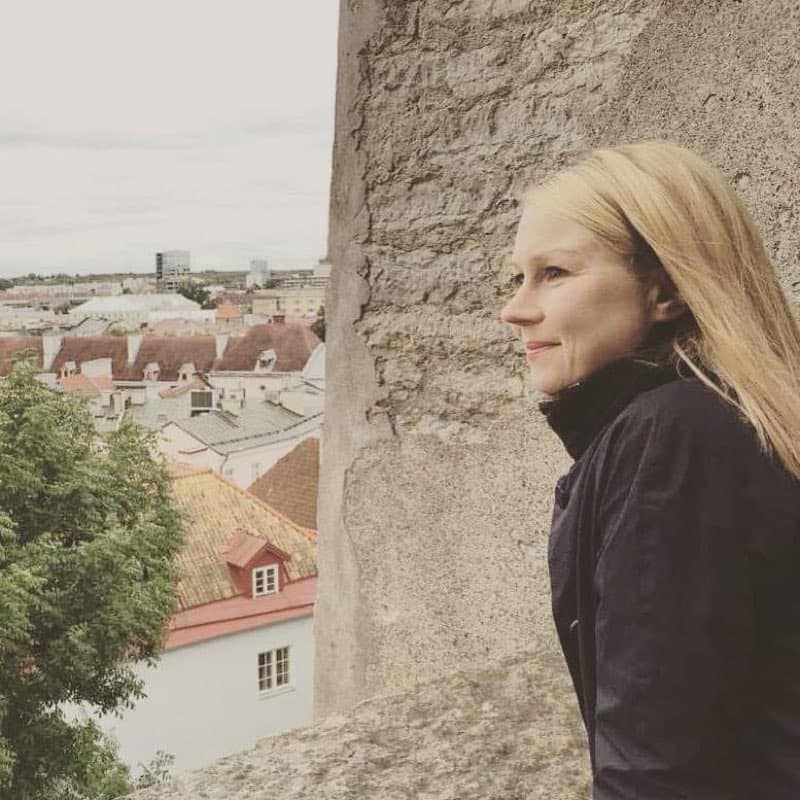
[cohort 2]
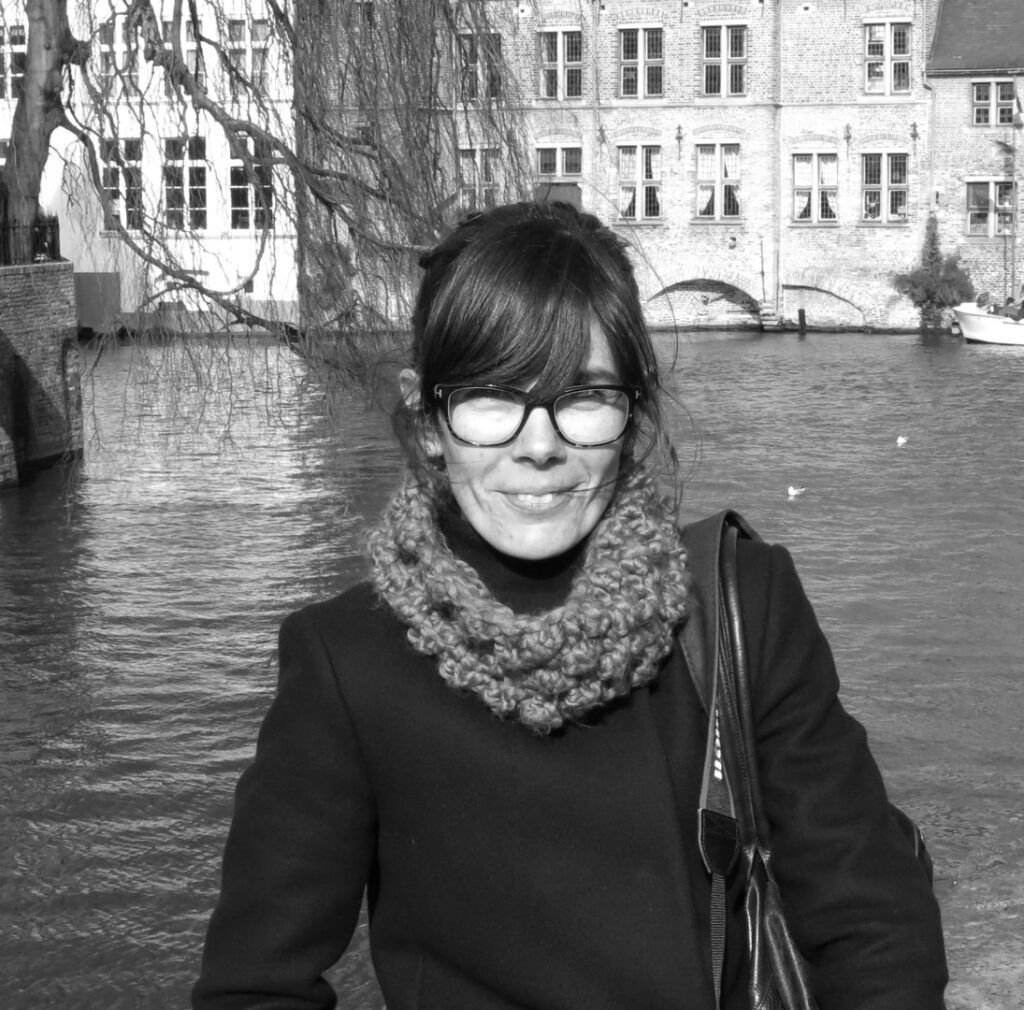
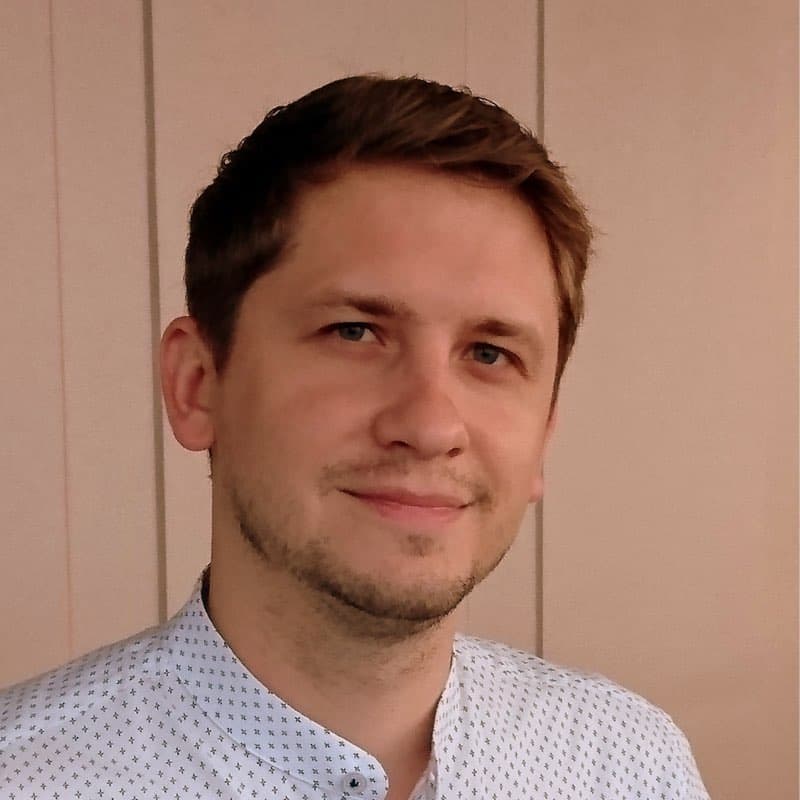
Dr. Lukas Schemper is currently a visiting fellow at the Rachel Carson Centre, Ludwig Maximilians University, Munich. He specialises in the history and politics of disaster and international organisations. His doctorate (from the Graduate Institute of International and Development Studies in Geneva) dealt with the emergence of international mechanisms in the field of disaster management from the inter-war period to the late 1980s. He also has an MA (History of IR) and BA (Social Sciences) from Sciences Po Paris. Lukas has been a visiting scholar at the History Department of Columbia University in New York and a visiting scholar and maître de conférences at Sciences Po Paris. He has held visiting fellowships at St. Anne’s College, University of Oxford and the Institute of Human Sciences (IWM) in Vienna. Lukas has also worked as consultant for the World Health Organisation and assistant for the think tank Institut Français des Relations Internationales.
[cohort 1&2]
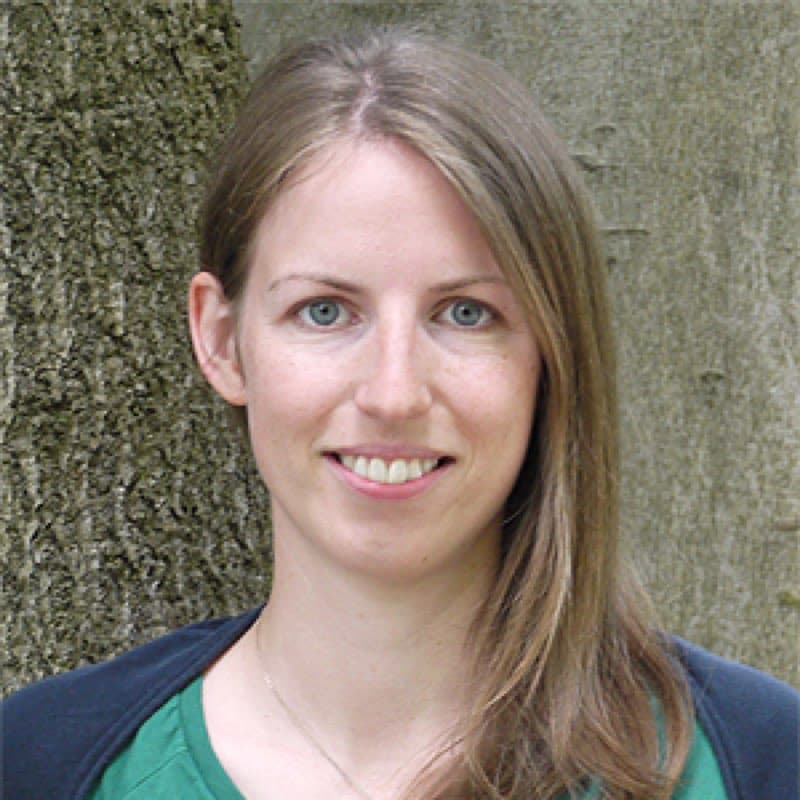
Dr Clarissa Schöller is a post-doctoral researcher at Ludwig-Maximilians-Universität München. Her dissertation, entitled ‘Consultant-Client Interaction in Public Relations Consulting: Theoretical Foundation and Empirical Analysis of a Complex Service’, was published in 2017. Her current research deals with role patterns of communication professionals, organizational communication, and strategic communication in the social web. In this context, she is particularly interested in the social media behaviour of individual actors and small organizations, such as politicians, small non-profits, startups and local businesses.
https://www.en.ifkw.uni-muenchen.de/about/people/academic_staff/schoeller_clarissa/index.html
[cohort 1]
